The hypocrite’s rigidity has nothing to do with the law of the Lord, but instead it deals with “something hidden, a double life” that enslaves us and makes us forget that being on God’s side means experiencing “freedom, gentleness, goodness and forgiveness”. These are precisely the attitudes of a Christian — who does not need to pretend to be good in order to cover “the disease” of rigidity.
Pope Francis indicated this in the Mass he celebrated on Monday morning, 24 October, in the Chapel of Santa Marta.
“In the Responsorial Psalm we recited the prayer ‘blessed are those who walk in the law of the Lord’”, the Pope immediately highlighted. And in “saying this”, he continued, “we asked for the grace to walk in the law of the Lord, because it is not easy, it is not easy to walk in the law of the Lord”.
Precisely “the step in today’s Gospel”, the Pope explained in reference to the passage from Luke (13:10-17),teaches us this difficulty of walking in the law of the Lord and tells us that it is a grace that we must ask for: to walk in law of the Lord”. 
The healing that Jesus carried out provoked the indignation of the leader of the synagogue, Francis continued. The leader “feels the duty to reprimand the woman and says: ‘Come to heal on other days but not on Saturday, the day on which you cannot work!’”. At these words, however, “Jesus responds forcefully: ‘You are a hypocrite! For example, what do you do with your ox, with your donkey? Do you not untie him in order to give him a drink and food? But for her you would not?”.
“The word ‘hypocrite’”, the Pope pointed out, “is often repeated by Jesus to rigid people, those who have a rigid attitude in carrying out the law, who do not have the freedom of children: they feel that the law must be carried out in this way and they are slaves to the law”. However, “the law was not established in order to make us slaves, but to make us free, to make us children”, said the Pope. And St Paul “preached a great deal on this; and Jesus, with a few sermons, but a great deal of action, made us understand this truth”.
“Hypocrite”, the Pope recalled, is a word that “Jesus repeats often to the people who are rigid, because there is always something else behind the rigidity, always”. For this reason “Jesus says ‘hypocrites!’”: behind the rigidity there is something hidden in a person’s life”. In fact, “rigidity is not a gift from God; meekness, goodness, benevolence, forgiveness, yes; but rigidity, no!”.
Therefore, Francis said, “behind the rigidity there is always something hidden, in many cases a double life”. However, “there is also something like a disease: those who are rigid suffer greatly when they are sincere, and they realize this, they suffer because they cannot have the freedom of the children of God; they do not know how to walk in the law of the Lord and are not blessed. And they suffer a great deal”. Therefore, even if “they look good, because they follow the law, there is something within that does not make them good: they are either bad, hypocritical or ill”. In any case, “they suffer”.
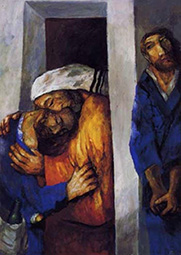
In the end, however, the story “collapses and that sinner, who is gone, realizes he has done wrong and comes back, asks for forgiveness, and his father celebrates”. The “good” son, however, “is there and shows what is behind his kindness”. In other words, “the arrogance of believing that he is right: ‘For him you throw a celebration, who is such and such, while I have been so good and have always served you, and you don’t throw a celebration for me?’”.
This, Francis explained, is the “hypocritical attitude: behind that the good they do, there is pride”. The prodigal son, for his part, “knew that he had a father, and in the darkest moment of his life he went to his father”. The eldest son, however, “only knew his father as a boss, and never saw him as a father: he was rigid, he walked in the law with rigidity”. Again: the prodigal son “left the law aside, he left without the law, against the law, but at a certain point he thought of his father, he came back and received forgiveness”.
“It is not easy to walk in the law of the Lord without falling into rigidity”, the Pope said, “but those who are rigid, as I mentioned, suffer a great deal”. To the extent that even the leader of the synagogue, whom Luke mentions in the Gospel, “was ashamed in the end because Jesus talked sense into him”, saying: “But don’t you do this with your donkey?”. Instead, we read in the Gospel passage that the entire crowd rejoiced at all the wonders that Jesus carried out.
In conclusion, the Pope invited the faithful to pray “for our brothers and sisters who believe that walking in the law of the Lord is to become rigid: that the Lord may make them feel that he is their Father and that he delights in mercy, tenderness, goodness, meekness and humility”. And “that He teach all of us to walk in the law of the Lord with these attitudes”.

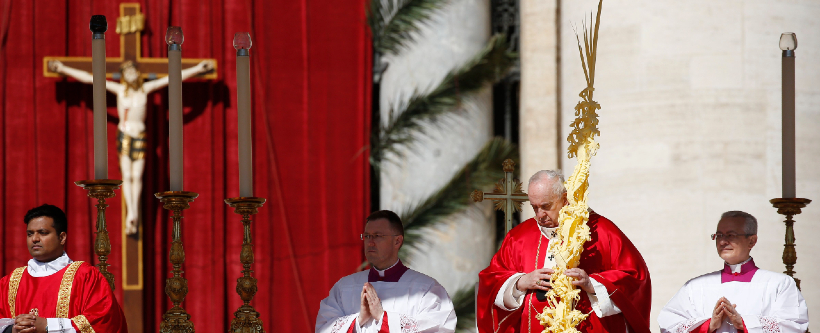
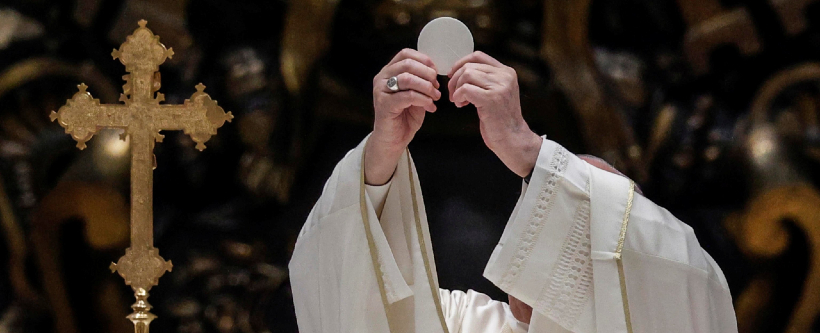
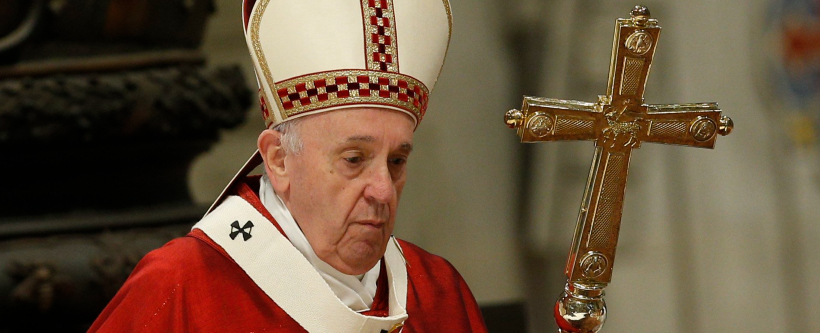
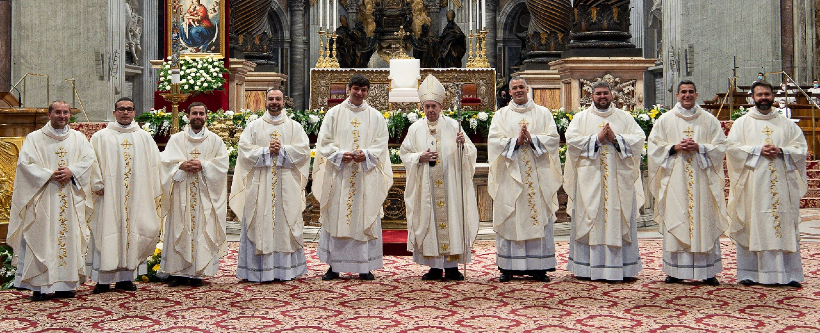
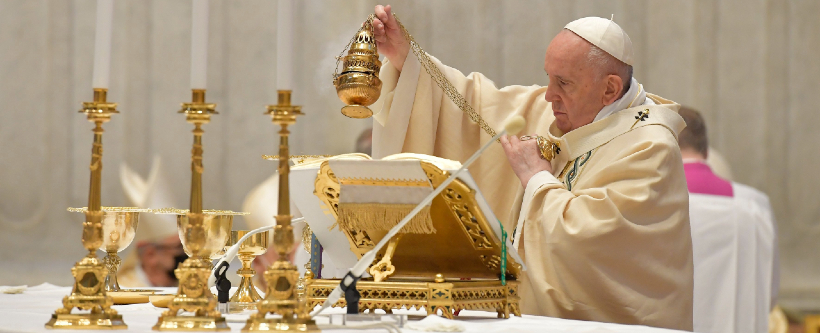
Facebook Comments